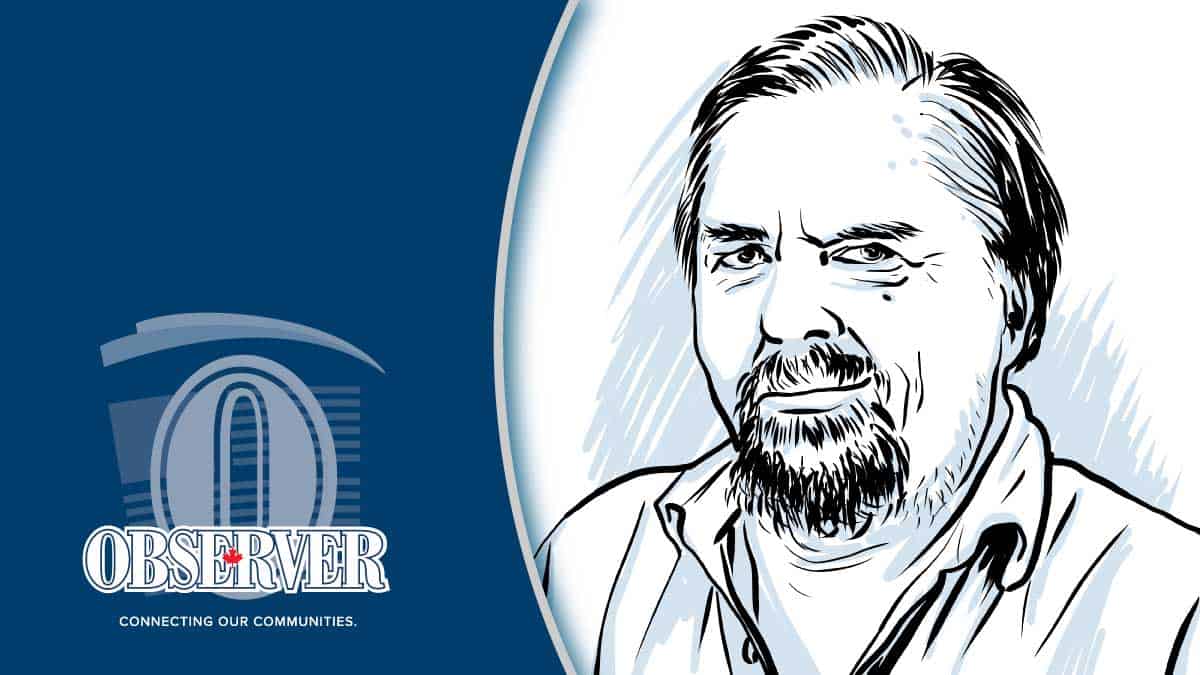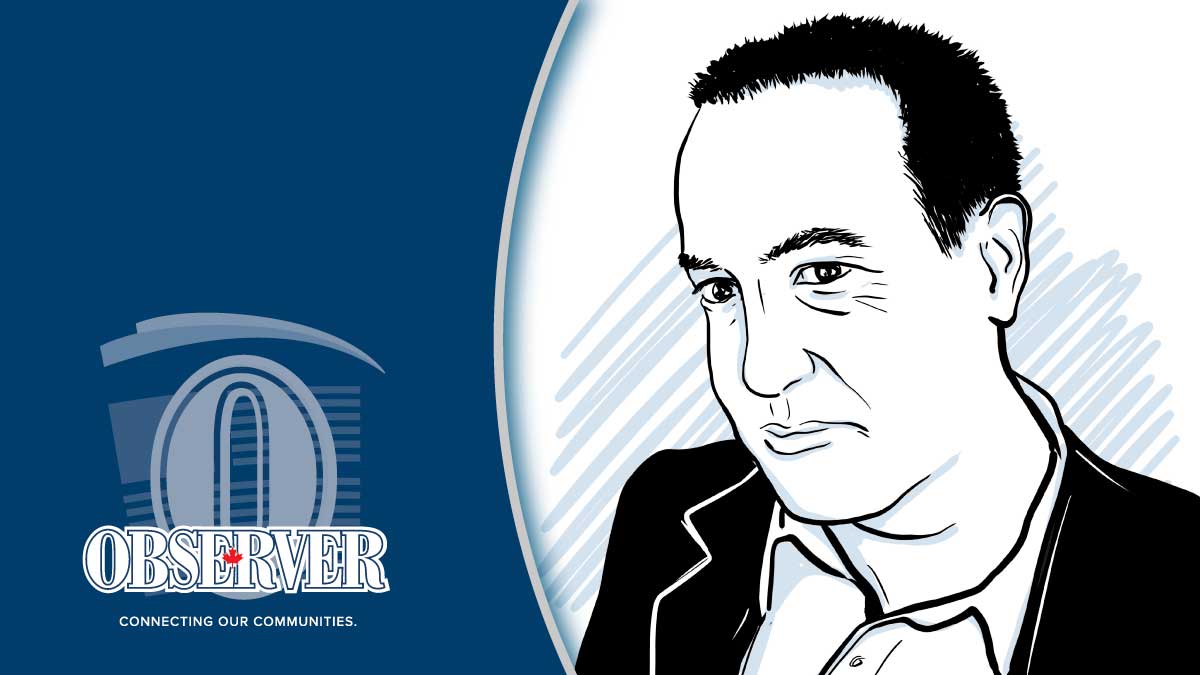;
;
;
Next Article
Franco-vs-anglo conflict in Cameroon

Remembrance Day recalls the sacrifices of those who served in the military, particularly those who lost their lives in the two large-scale conflicts that shaped the 20th century. But “Lest we forget” is best applied to remembering the horrors of war, and avoiding them in the future. The ideal way to
Last updated on May 03, 23
Posted on Nov 07, 19
4 min read
